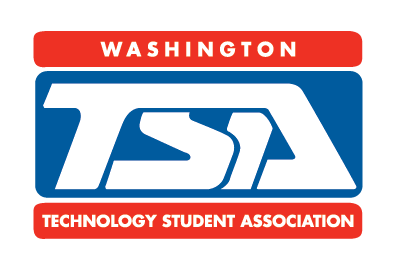Off the Grid
Description
Participants conduct research on a sustainable architectural design for a home in a country of the team's choosing (according to theme requirements for the year), and document their findings in a display and a model. The model can be of the home designed by the team, or of a specific aspect of their design. Semifinalist teams give a presentation and are interviewed about their design.
2025-26 Challenge
Design Brief: Water Collection in Kenya
Family Overview: Maya and her family live in a rural village in Kenya. The family consists of Maya (the mother), her husband, and three children. They live in a small, single-story dwelling home made from mud bricks, with a thatched roof. The house has two bedrooms, a living room, and a small kitchen. The family has limited access to running water, and the only available water source is a small, seasonal river a 30-minute walk away. During the dry season, this river often dries up, and Maya must buy water from a nearby vendor; this can be expensive and unreliable.
Challenge: Maya’s family needs a sustainable off-grid solution to collect and store water. The current system involves carrying water from the river during the rainy season and relying on expensive water deliveries during the dry season. Your task is to optimize the family’s water collection and storage system, using natural resources like rainwater and local materials.
Requirements:
The system must provide enough clean water for the family’s daily needs, including drinking, cooking, and bathing.
The system should make use of rainwater harvesting to reduce reliance on external water sources.
The water storage system must be designed to handle both the rainy season and the dry season.
The system should include a basic filtration solution to ensure the water is safe for drinking.
The design must be cost-effective and use local materials when possible.
Budget: Your team has a budget of $1,500 to develop and implement the water collection and storage system. This budget must cover materials for rainwater collection, filtration, storage tanks, and installation.
Einstein MS, Team 1, 2025 1st Place
Event Resources
EVENT EXAMPLES
Click on the links to the right to view past entries for this event
Event Deadlines
January 22, 2026
Students will need their Participant ID number, and password, from their advisor. Only the team captain will be able to upload the file.
Students submit completed portfolio and images/sketches of display and model. Maximum of 2 pdf files.
April 2026
Students will submit their final portfolio, display and model. They will set up their display (CHECK DIMENSIONS!)
Semifinalist list will be posted on Friday afternoon. Semifinalists will give a presentation to judges on Friday afternoon/evening.
Washington TSA Rules
To compete, students must:
Belong to a currently affiliated TSA chapter
Be registered (by their TSA advisor) for competition by December 19, 2025 ($35)
Compete in the January 22, 2026 virtual competition (see individual event pages for details)
Be selected as a top competitor in their event(s) and invited to participate at State
Number of competitors is dependent on specific event
Qualifying competitor lists will be published by February 8, 2026
State Conference registration week February 23-27, 2026 (see state conference page for details)

